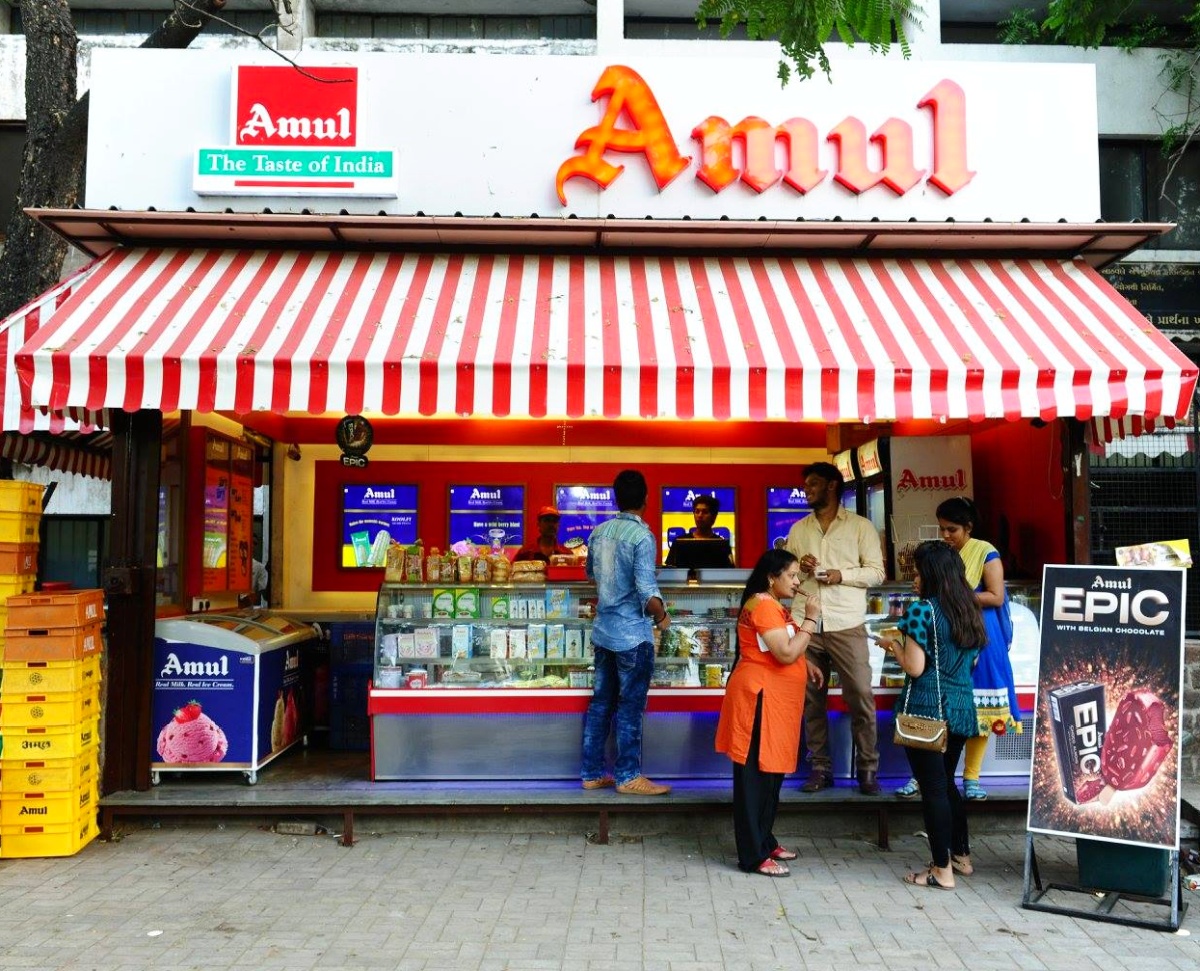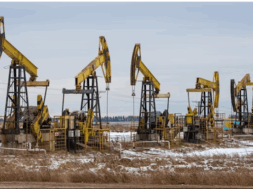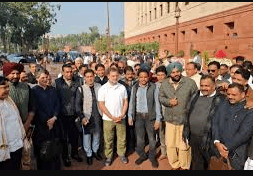
Manas Dasgupta
NEW DELHI, May 25: After Karnataka, Tamil Nadu is now in the throes of a major controversy over the Gujarat-based cooperative milk producer Amul entering into its territory for procuring milk throwing a challenge to the state’s co-operative dairy Aavin.
In a fresh flashpoint involving India’s dairy corporations, Tamil Nadu’s Chief Minister MK Stalin on Thursday asked Union Home Minister Amit Shah to instruct the Gujarat-based dairy behemoth Amul to cease milk procurement activities in Tamil Nadu immediately.
In a letter to Shah, Stalin expressed concerns about the implications of milk collection by the Kaira District Cooperative Milk Producers’ Union producing milk and milk products under the brand name “Amul,” in Tamil Nadu’s dairy producing regions which could affect Aavin, the Tamil Nadu Co-operative Milk Producers Federation.
The Tamil Nadu government recently discovered that Amul has been using its multi-state cooperative license to establish chilling centres and a processing plant in Krishnagiri district, Stalin said. He added that Amul intends to procure milk via Farmer Producer Organizations (FPOs) and Self Help Groups (SHGs) in Krishnagiri, Dharmapuri, Vellore, Ranipet, Tirupathur, Kancheepuram, and Tiruvallur districts in Tamil Nadu.
Just before the recent state Assembly elections in Karnataka, a similar controversy had erupted with the then opposition parties, the Congress and the Janata Dal (Secular), had raised strong objections to Amul entering into Bengaluru markets in direct competition with the state-owned co-operative federation produced “Nandini” brand of milk and milk products.
Stalin in his letter to Shah stressed that it had been standard practise to allow cooperatives to prosper without encroaching on each other’s dairy producing areas. Such cross-procurement contravene the spirit of ‘Operation White Flood’ and could worsen the current milk shortage in the country, affecting consumers, he said, and pointed out that Amul’s actions infringe on the dairy producing area of Aavin.
“It has been a norm in India to let cooperatives thrive without infringing on each other’s milk-shed area. Such cross-procurement goes against the spirit of ‘Operation White Flood’ and will exacerbate problems for the consumers given the prevailing milk shortage scenario in the country. This act of Amul infringes on Aavin’s milk shed area which has been nurtured in true cooperative spirit over decades,” the Chief Minister wrote.
Stalin voiced concerns that this move by Amul would foster unhealthy competition among cooperatives involved in procuring and marketing milk and dairy products. “Regional cooperatives have been the cornerstone of dairy development in the states and they are better equipped to interact with and support producers, as well as to protect consumers from arbitrary price increases,” he wrote.
“Hence, I request your immediate intervention to direct Amul to cease milk procurement from the dairy producing area of Aavin in Tamil Nadu immediately,” Stalin stated. Stalin clarified that until now Amul only sold its products in Tamil Nadu through its outlets. He pointed out that Tamil Nadu, like other states with robust dairy cooperatives, has effectively maintained a three-tier dairy cooperative system since 1981 for the benefit of rural milk producers and consumers.
According to Stalin, “Aavin, our apex cooperative marketing federation, oversees 9,673 Milk Producers Co-operative Societies in rural areas. They procure 35 lakh litres per day of milk from about 450,000 members. This arrangement guarantees milk producers uniform and profitable prices throughout the year.”
“To increase and sustain milk production in Tamil Nadu, Aavin also offers various resources such as cattle feed, fodder, mineral mixtures, and animal health care and breeding services to enhance and maintain milk production in Tamil Nadu. Moreover, it ensures the supply of high-quality milk and dairy products to consumers at some of the country’s lowest prices. Therefore, Aavin plays a crucial role in improving the livelihoods of rural milk producers and in meeting consumers’ nutritional needs, he wrote.
Regional cooperatives have been the bedrock of dairy development in the states and they are better placed to engage and nurture producers and to cushion consumers from arbitrary price hikes, Stalin pointed out.














